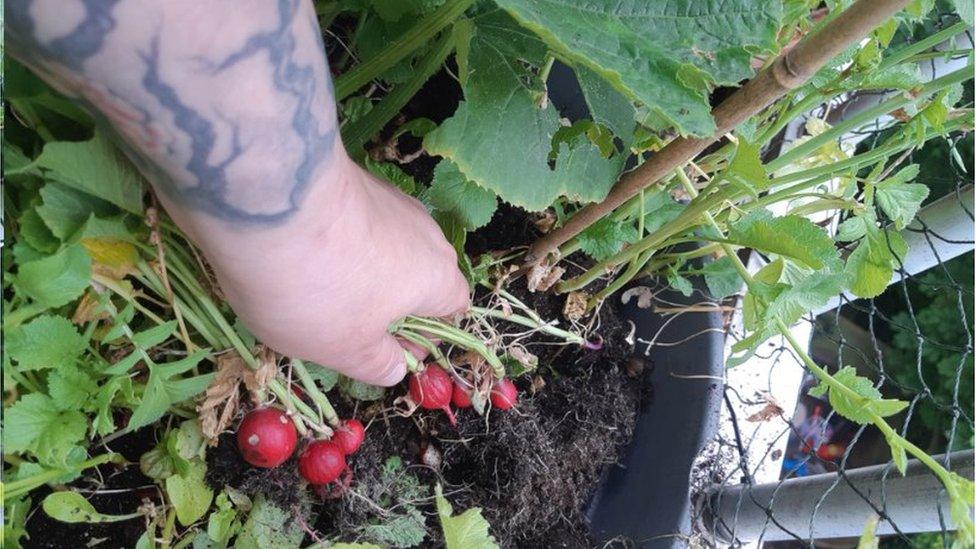Can we really feel the benefits of nature through a screen?
- Published
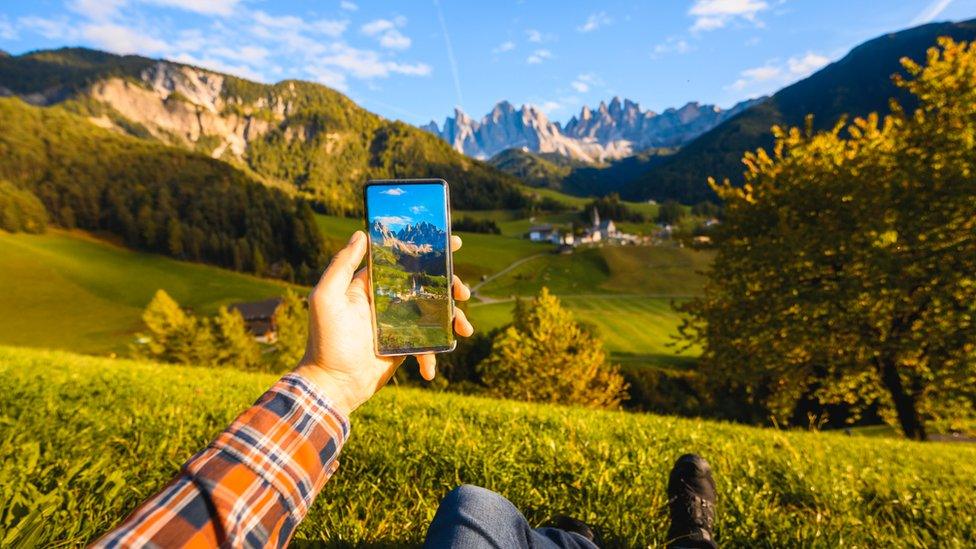
Scientists want to understand how best to bring the benefits of nature to those stuck indoors
Feeling low? Being in nature is known to reduce stress and boost your mood.
But what if you cannot get outside?
A groundbreaking online experiment wants to help scientists understand how best to bring the benefits of nature to those stuck indoors.
"What we're trying to do in this experiment is really explore all of the different ways that people can experience nature at home," says Alex Smalley from the University of Exeter, who is running the project.
Numerous studies over the past 40 years have shown we are happiest and healthiest in nature - seeing, hearing and smelling it. But not everyone has the luxury of getting outdoors.
Whether we are in lockdown or not, four fifths of the UK population lives in an urban environment and one in eight homes do not have a garden.
But the team from Exeter University says there are still many different ways that people can enjoy nature at home.
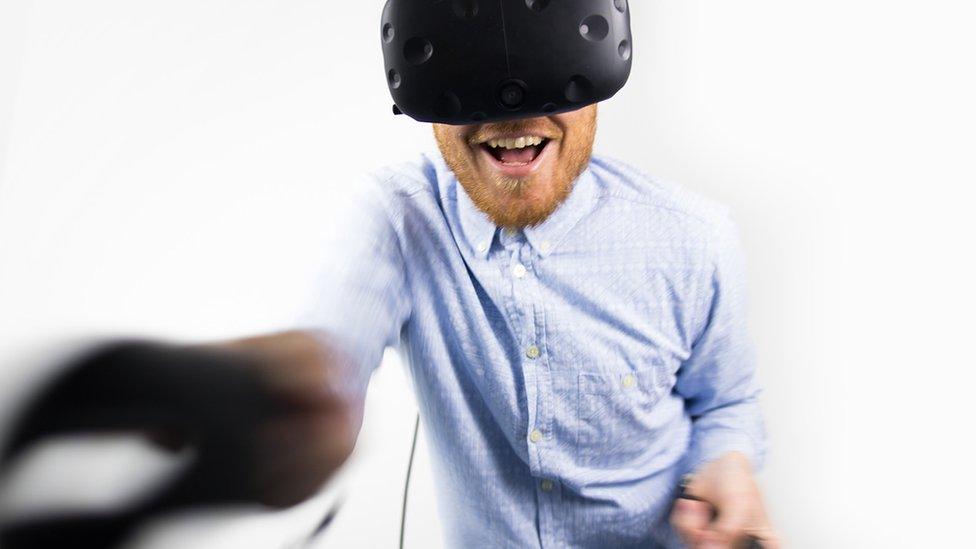
"Some of us might just gaze out of a window or at a screensaver - it can be a really passive and silent experience," says Smalley.
"Others might engage in watching nature documentaries. And of course nature documentaries fuse this wonderful blend of music with scenes of nature."
Perhaps some people might prefer to listen to recordings of the sounds of nature on headphones.
But Smalley says: "We've actually got very little understanding of how each of those different kinds of experience can impact our wellbeing."
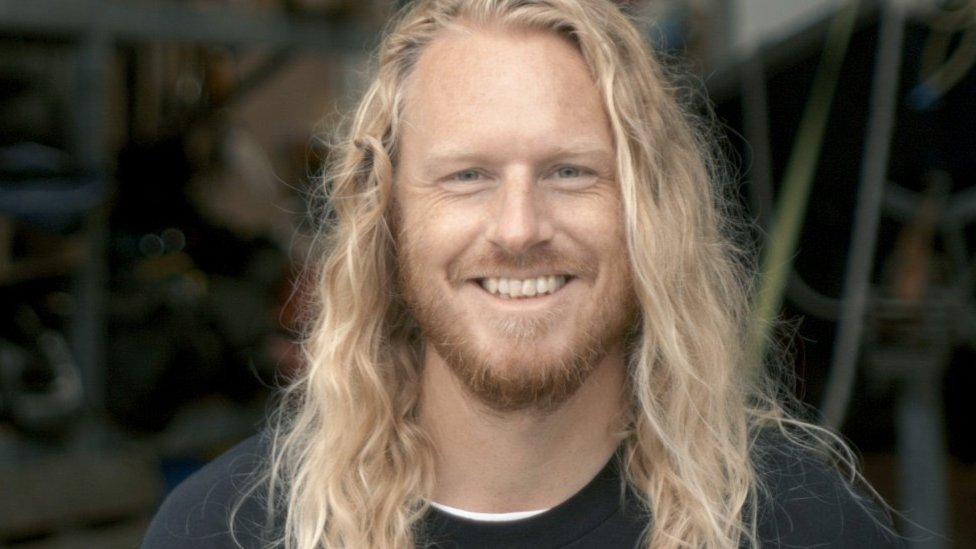
Alex Smalley from the University of Exeter is running the project
So to find out more, the University of Exeter, in collaboration with the BBC, has created a "unique experiment" to help understand the emotions people feel when they watch scenes of nature online or on television.
When people click on the link, external they will be asked to watch a three-minute video of, what Smalley says, is a "virtual nature experience".
But what people hear will be different and chosen at random.
"Some people might encounter something which focuses on the visual experience, others might encounter something which focuses more on sound," explains Smalley.
Participants will then be asked to provide information about the emotions they experience when they watch the video.
Among those who have contributed to the project are the award-winning film composer Nainita Desai, and the sound recordist Chris Watson, who has worked with Sir David Attenborough for 30 years.
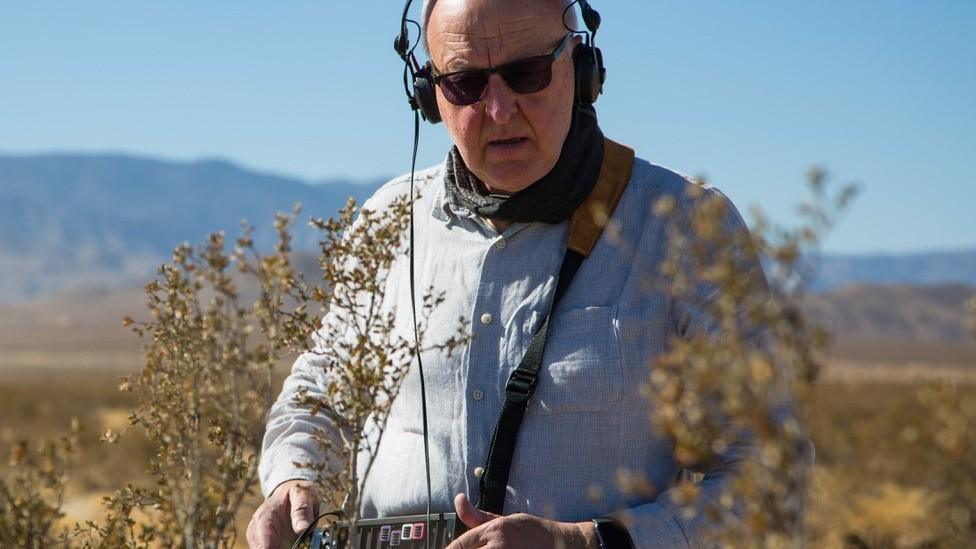
Chris Watson is a sound recordist who has worked with Sir David Attenborough for 30 years
He is convinced that virtual experiences of nature can be as beneficial as being outdoors.
"One of the liberating aspects of sound is that you don't need to be in the rain or uncomfortable or walk miles to go somewhere," he says.
"We can slow down, we can internalise those sounds and think about them in quite an interesting, creative way.
"And this isn't just some artistic whim," he adds. "These sort of sounds and our listening to them and the effects it has on us are important for our psychological health and well-being.
"Find me somebody who doesn't feel better listening to those sounds."
The experiment has become especially relevant in the light of Covid-19 lockdowns. But planning for it began before the pandemic, says Smalley. "Thinking about people who might be recovering from surgery... or people who might be stuck in long-term care and physically can't get outside," he explains.
Researchers hope to deliver their initial findings by the summer.
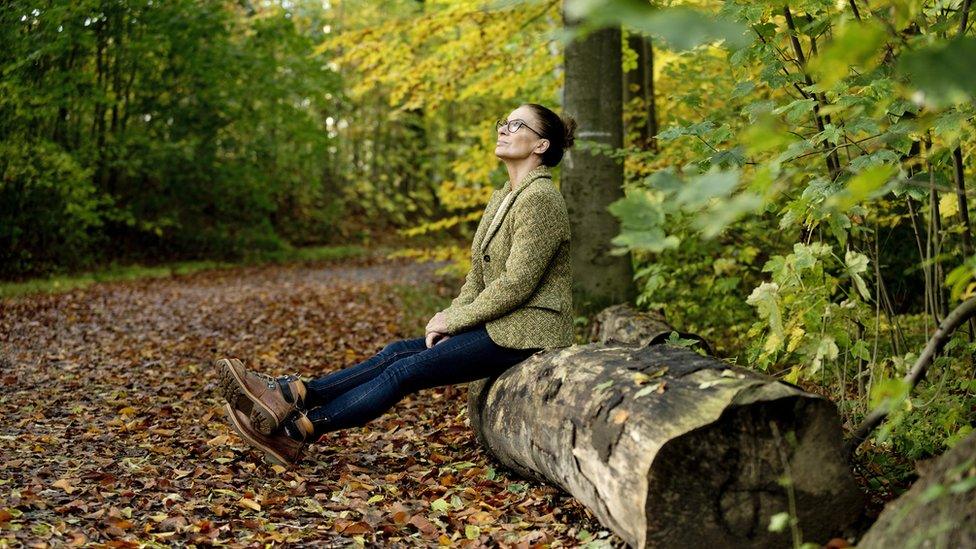
The project is launching on the BBC Sound Effects website


Award-winning film composer Nainita Desai has also contributed to the project
"What we've never really done is thought about these digital experiences as encounters in their own right," adds Smalley.
"We're saying that watching nature on TV or on your computer isn't just a poor surrogate for the real thing, actually it can be a therapeutic experience in its own right and that's really what we're hoping to explore more."
The experiment is part of a project called Soundscapes for Wellbeing, which is bringing digital experiences of nature to audiences across the UK.
The project is launching the BBC's Sound Effects website, external, which features more than 33,000 sounds from around the world, including 17,000 nature sounds.
The site allows audiences to create and mix their own soundscapes from these recordings.

Follow us on Facebook, external or on Twitter @BBCNewsEnts, external. If you have a story suggestion email entertainment.news@bbc.co.uk, external.
Related topics
- Published7 October 2020
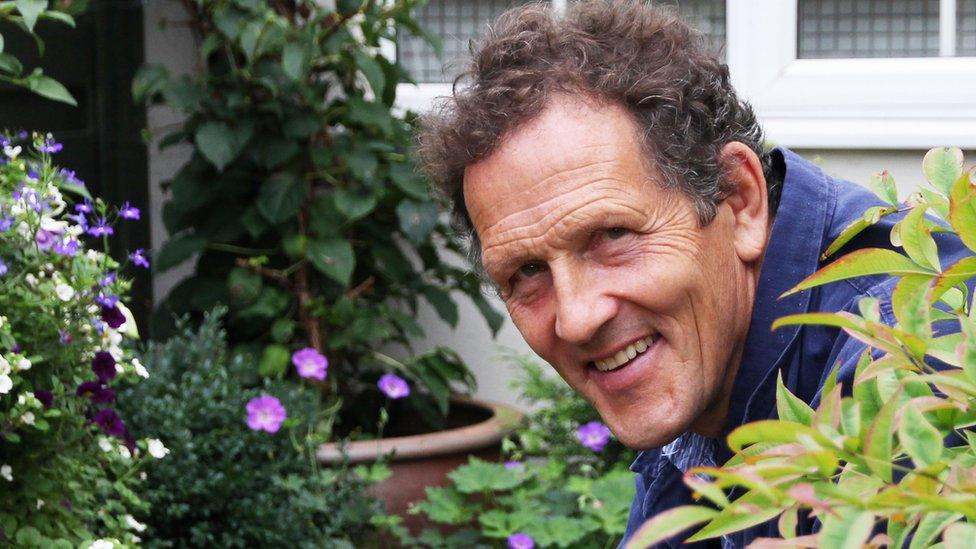
- Published3 May 2020
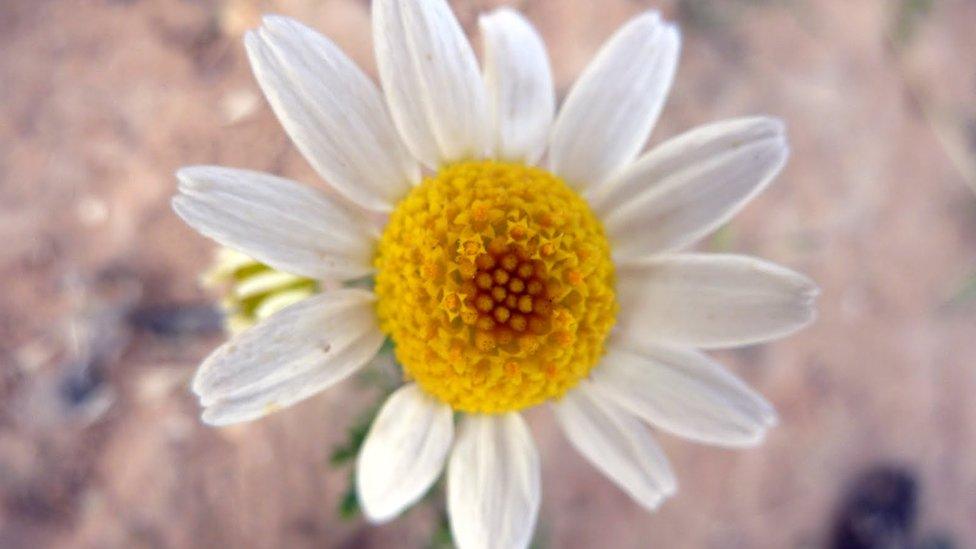
- Published21 June 2020
